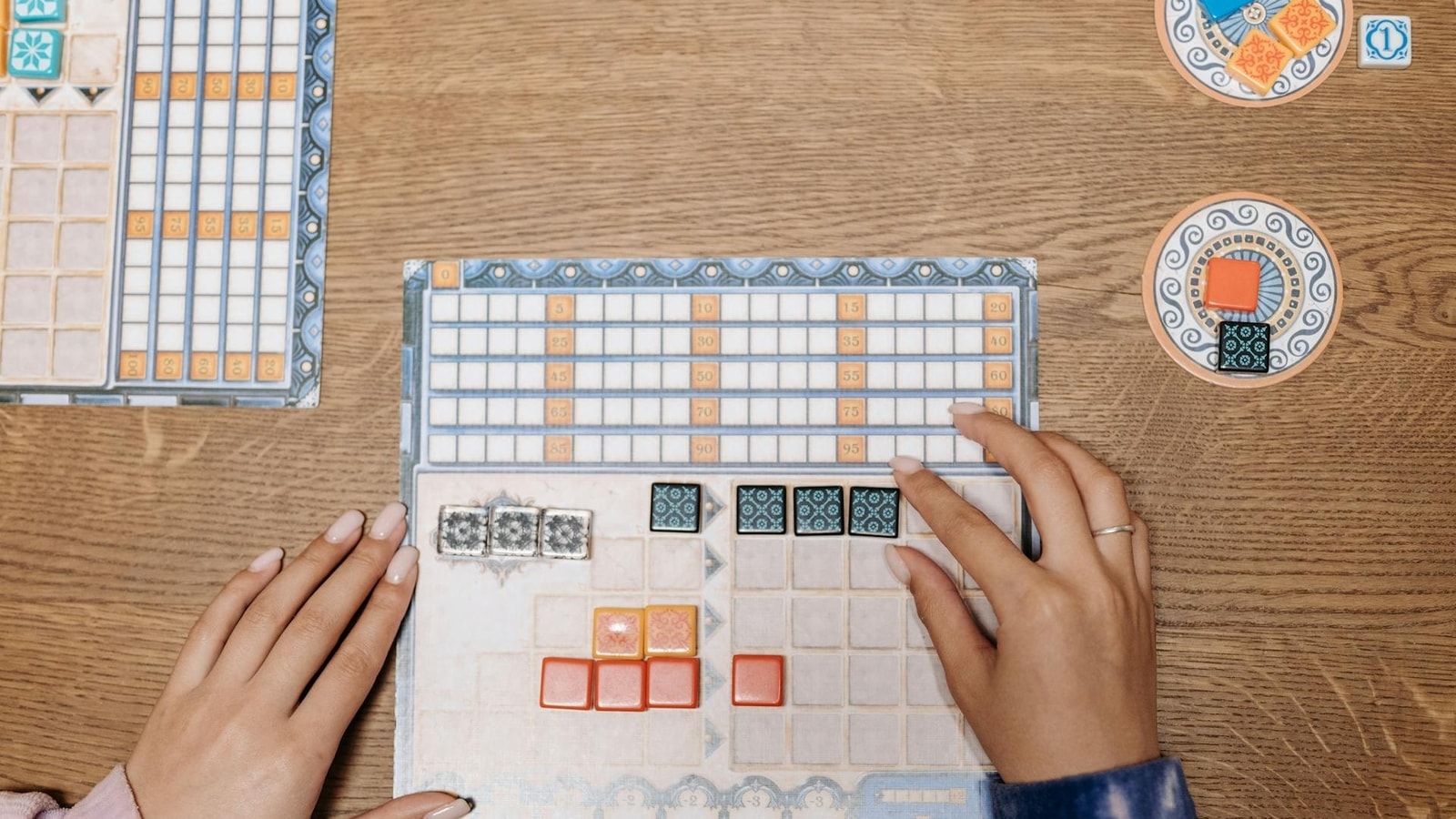The International Court of Justice on Friday ruled that Israel must immediately halt its ground assault on the southern Gaza city of Rafah, dealing another blow to the country as it faces increasing international isolation.
The court has no means of enforcing its orders, and hard-line politicians in Israel immediately vowed that Israel would not comply. But the ruling puts more pressure on the Netanyahu government over the conduct of the war. Gazan authorities say at least 35,000 people have been killed, without distinguishing between combatants and civilians, and hundreds of thousands have been forced to flee repeatedly to avoid the Israeli bombardment, which has devastated most of the enclave.
“The court considers that in conformity with obligations under the Genocide Convention, Israel must immediately halt its military offensive and any other action in the Rafah governorate which may inflict on the Palestinian group in Gaza conditions of life that could bring about its physical destruction in whole or in part,” the court’s president, Nawaf Salam, said in reading the ruling.
The ruling was the latest in a series of rebukes of Israel over the conduct of its war against Hamas in the Gaza Strip.
In the last week, the chief prosecutor for a separate court, the International Criminal Court, announced that he was seeking arrest warrants for Israel’s prime minister and defense minister on charges of crimes against humanity, alongside three leaders of Hamas; three European countries announced that they would recognize a Palestinian state; and Israel backed down on seizing equipment from The Associated Press after an international backlash.
A South African legal team had urged the I.C.J., the United Nations’ top court, last week to put further constraints on Israel’s incursion there, saying it was “the last step in the destruction of Gaza and its people.”
Israel has said that its operation in Rafah, from which more than 800,000 people have fled since the incursion began two weeks ago, is a precise operation to target Hamas. The country’s military said on Thursday that it was fighting in neighborhoods near the heart of the city, where half of the territory’s population had been sheltering before the Israeli military ordered mass evacuations there.
Israel’s deputy attorney general for international law, Gilad Noam, and other Israeli lawyers rejected the claims before the court last Friday, calling South Africa’s case an “inversion of reality.” He called Israel’s incursion into Rafah a “limited and localized” operation prefaced with evacuations. Another Israeli legal adviser, Tamar Kaplan Tourgeman, said that hundreds of trucks carrying humanitarian supplies had entered Kerem Shalom last week.
Israel’s prime minister, Benjamin Netanyahu, did not immediately comment on the decision. Mr. Netanyahu would shortly hold an emergency consultation with other top government officials to discuss how to move forward, his office said in a statement.
Some of his right-wing allies were quick both to denounce the move and that Israel would not comply. Itamar Ben-Gvir, the far-right Israeli national security minister, said Israel ought to fully discard the judges’ order. “There ought to be one response: the conquest of Rafah, the escalation of military pressure, and the utter shattering of Hamas until the achievement of total victory,” he said in a statement.
The South African team had also argued that Israel’s control over the two major border crossings in southern Gaza, at Rafah and Kerem Shalom, was preventing enough aid from getting in, plunging Gaza into “unprecedented levels of humanitarian need.” Few aid trucks are entering, according to U.N. data, but dozens of commercial trucks — which carry goods to sell rather than to distribute freely — have entered the enclave from the Kerem Shalom crossing.
The hearings are part of South Africa’s case accusing Israel of genocide, which it filed in December. In late January, the court ordered Israel to do more to prevent acts of genocide, but it stopped short of calling for a cease-fire. The main case, dealing with the accusation of genocide, is not expected to start until next year. Israel has denied claims that it is committing genocide.
In March, in its strongest language to that point, the court ordered Israel to stop obstructing humanitarian aid to Gaza as severe hunger there spreads, calling for Israel to increase the number of land crossings for supplies and provide its “full cooperation” with the United Nations.
Judge Salam said that the situation in Gaza had deteriorated since March, and was now “to be characterized as disastrous.”
The court emphasized the need for “the unhindered provision at scale by all concerned of urgently needed basic services and humanitarian assistance,” including maintaining open land crossings and in particular, the Rafah crossing, which Israel has seized for more than two weeks. It also requested Israel to submit a report to the court on all measures taken to address this point within one month.
Israel launched its military operation in retaliation for the Oct. 7 attacks that officials say killed 1,200 people and led to the abduction of about 250 others into Gaza.

























